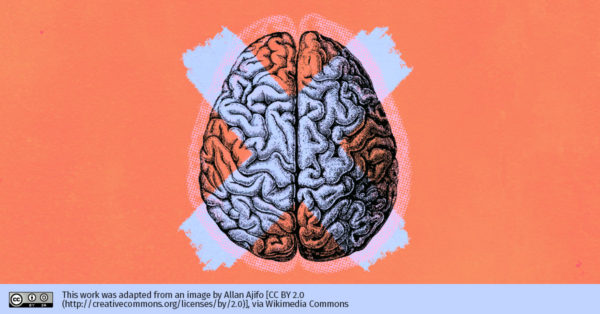On October 10, EU lawmakers will vote on a dangerous proposal to change copyright law. Mozilla is urging EU citizens to demand better reforms.
On October 10, the European Parliament Committee on Legal Affairs (JURI) will vote on a proposal to change EU copyright law.
The outcome could sabotage freedom and openness online. It could make filtering and blocking online content far more routine, affecting the hundreds of millions of EU citizens who use the internet everyday.

Dysfunctional copyright reform is threatening Europe’s internet
Why Copyright Reform Matters
The EU’s current copyright legal framework is woefully outdated. It’s a framework created when the postcard, and not the iPhone, was a reigning communication method.
But the EU’s proposal to reform this framework is in many ways a step backward. Titled “Directive on Copyright in the Digital Single Market,” this backward proposal is up for an initial vote on October 10 and a final vote in December.
“Many aspects of the proposal and some amendments put forward in the Parliament are dysfunctional and borderline absurd,” says Raegan MacDonald, Mozilla’s Senior EU Policy Manager. “The proposal would make filtering and blocking of online content the norm, effectively undermining innovation, competition and freedom of expression.”
Under the proposal:
- If the most dangerous amendments pass, everything you put on the internet will be filtered, and even blocked. It doesn’t even need to be commercial — some proposals are so broad that even photos you upload for friends and family would be included.
- Linking to and accessing information online is also at stake: extending copyright to cover news snippets will restrict our ability to learn from a diverse selection of sources. Sharing and accessing news online would become more difficult through the so-called “neighbouring right” for press publishers.
- The proposal would remove crucial protections for intermediaries, and would force most online platforms to monitor all content you post — like Wikipedia, eBay, software repositories on Github, or DeviantArt submissions.
- Only scientific research institutions would be allowed to mine text and datasets. This means countless other beneficiaries — including librarians, journalists, advocacy groups, and independent scientists — would not be able to make use of mining software to understand large data sets, putting Europe in a competitive disadvantage in the world.
Mozilla’s Role
In the weeks before the vote, Mozilla is urging EU citizens to phone their lawmakers and demand better reform. Our website and call tool — changecopyright.org — makes it simple to contact Members of European Parliament (MEPs).
This isn’t the first time Mozilla has demanded common-sense copyright reform for the internet age. Earlier this year, Mozilla and more than 100,000 EU citizens dropped tens of millions of digital flyers on European landmarks in protest. And in 2016, we collected more than 100,000 signatures calling for reform.
Well-balanced, flexible, and creativity-friendly copyright reform is essential to a healthy internet. Agree? Visit changecopyright.org and take a stand.
—
Note: This blog has been updated to include a link to the reform proposal.

























